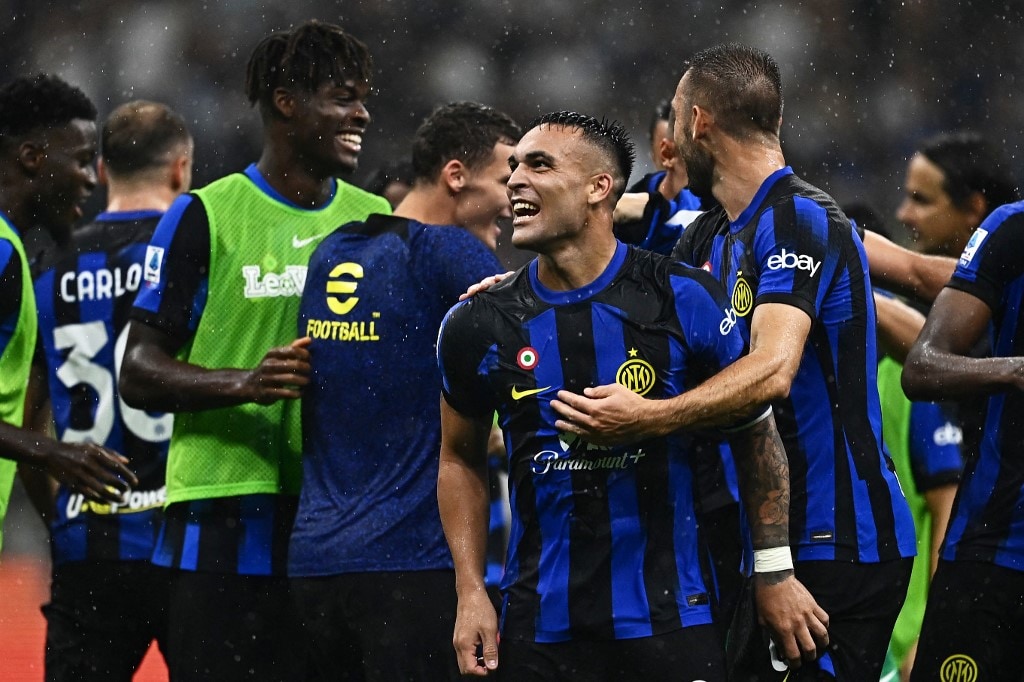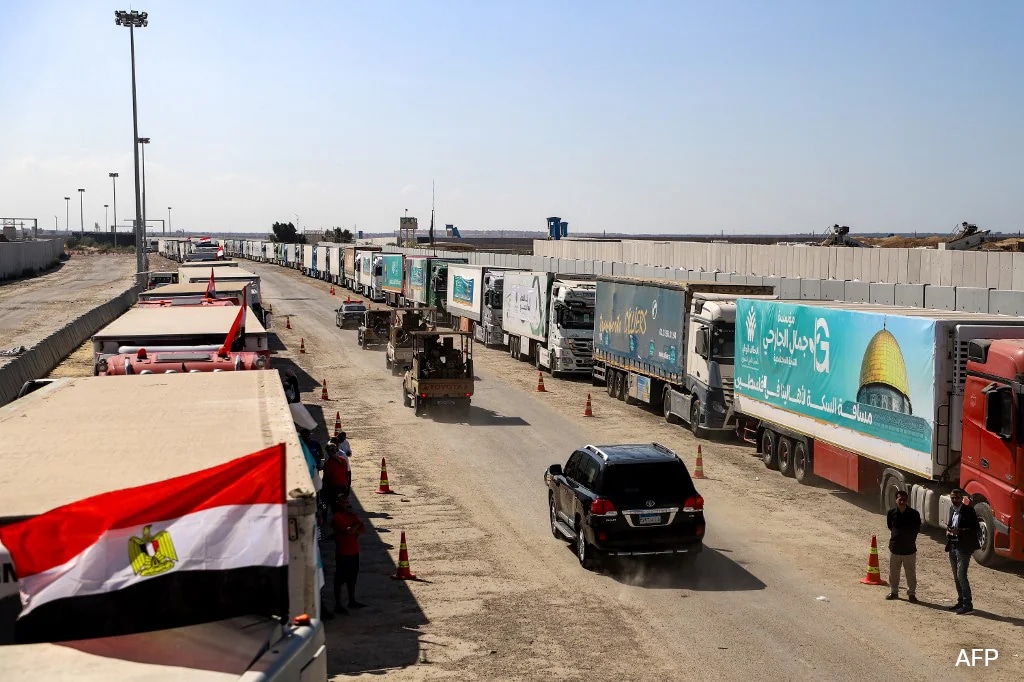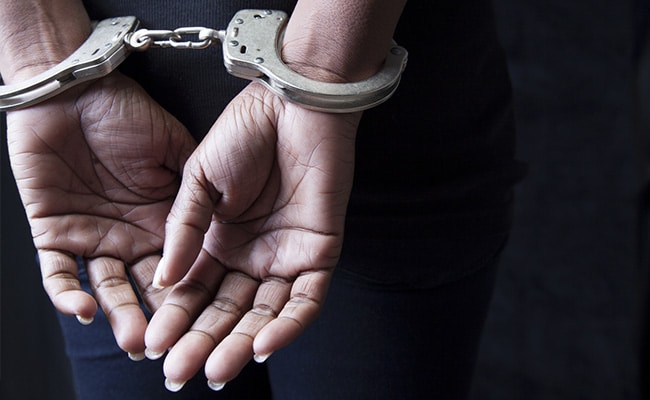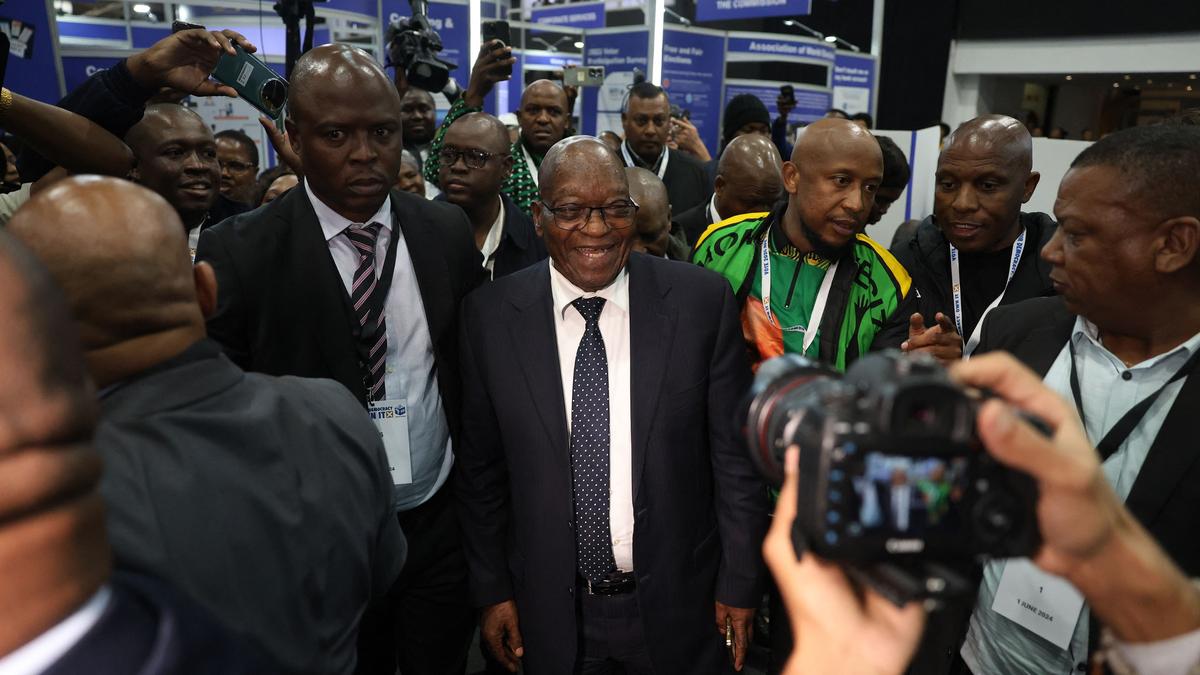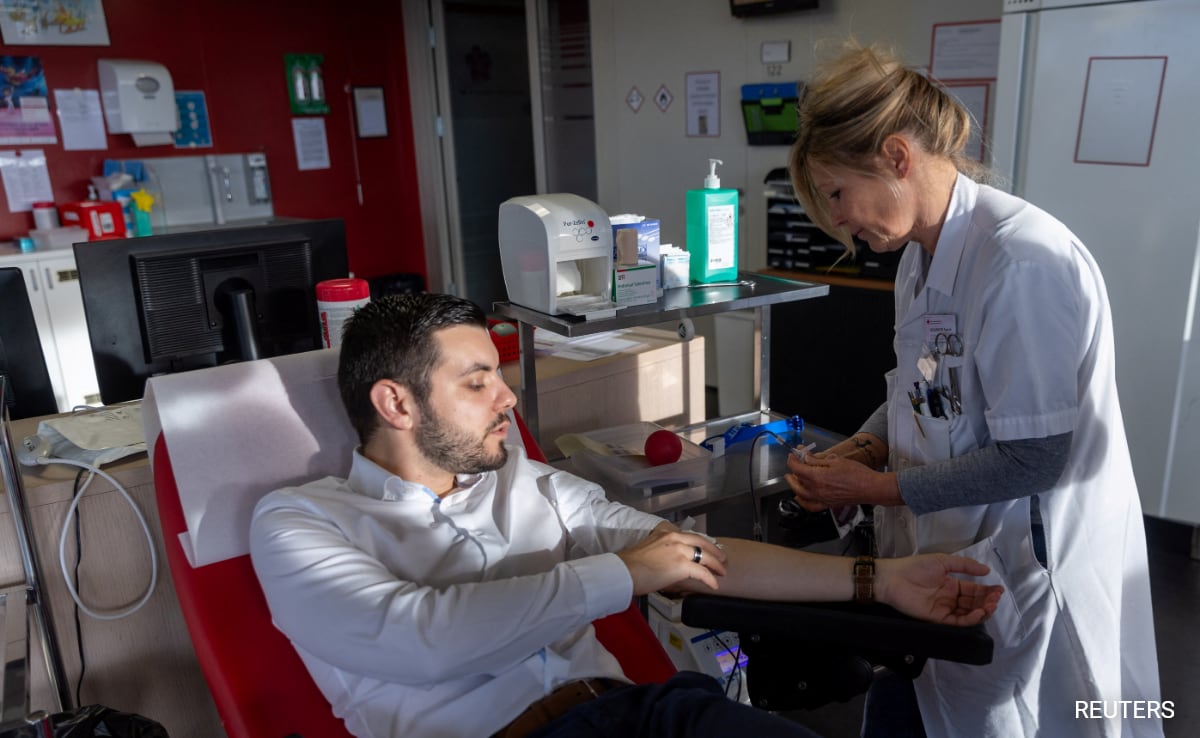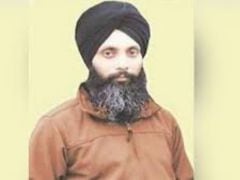South Africa’s ruling African National Congress (ANC) said on June 2 that it would enter talks with other parties to form a new government, after losing its three-decade-old absolute majority in a watershed election.
With 99.91% of the votes from Wednesday’s election counted, President Cyril Ramaphosa’s African National Congress had only 40.2%, a catastrophic slump from the 57.5% it won in 2019.
Also read | Why was Jacob Zuma disallowed from contesting elections in South Africa: Explained
“The ANC is committed to the formation of a government that reflects the will of the people, that is stable and that is able to govern effectively,” ANC secretary-general Fikile Mbalula told a press conference.
“The voters of South Africa have shown that they expect the leaders of this country to work together in the interests of all,” he said.
The party must negotiate a coalition government or at least persuade others to back Mr. Ramaphosa’s re-election in parliament to allow him to form a minority administration.
Mr. Mbalula said the ANC would hold discussions internally and with other groups “over the next few days”.
It marks a historic turning point for South Africa as the party has enjoyed an absolute majority since 1994, when liberation hero Nelson Mandela led the nation out of white-minority rule and into democracy.
‘Clear message’
“The results send a clear message to the ANC,” Mr. Mbalula said.
“We wish to assure the people of South Africa that we have heard them. We have heard their concerns, their frustrations and their dissatisfaction.”
The final results are to be formally announced on Sunday, with Mr. Ramaphosa due to deliver an address during an official ceremony near Johannesburg.
But some parties have alleged discrepancies in the vote count.
The largest and most vocal was former President Jacob Zuma’s uMkhonto weSizwe (MK), which warned electoral authorities against going ahead with the final announcements.
“If that happens you are going to be provoking us,” Mr. Zuma, 82, said on Saturday, alleging unspecified “serious” issues but providing no supporting evidence.
He said he would make a speech when the final results were announced.
Data from the Independent Electoral Commission (IEC) showed MK in third place on 14.59%, a surprise score for a party founded just months ago as a vehicle for the former ANC secretary general.
But throughout the campaign, MK told supporters it was going to win two-thirds of the vote.
‘No-go area’
The ANC will now have to turn to opponents from the left or the right to form a government.
The centre-right Democratic Alliance (DA) held second place with 21.78%, slightly up on its 20.77% showing in 2019.
It governs Western Cape province and has promised a free-market agenda at odds with the ANC’s left-wing traditions.
DA chairwoman Helen Zille said all options were on the table, including allowing the ANC to rule alone as a minority government.
The radical leftist Economic Freedom Fighters (EFF), led by former ANC youth leader Julius Malema, was in fourth with 9.51%.
Mr. Malema and Mr. Zuma are former ANC members and some observers have suggested they would be more natural partners for a governing coalition.
Other analysts said their demands might be hard to meet, and the rift between Mr. Ramaphosa and Mr. Zuma — who has long been bitter about the way he was forced out of office in 2018 — too far reaching to mend.
MK said it would not negotiate with the ANC as long as Mr. Ramaphosa remained its leader.
But Mr. Mbalula said that was “a no-go area”.
“No political party will dictate terms like that to us,” he said.
Mr. Zuma, who was forced out of office in 2018 under a cloud of corruption allegations, was jailed for contempt of court in 2021, an event that triggered riots in which more than 350 people died.
On Sunday, Police Minister Bheki Cele said the security forces were ready “to ensure continued peaceful conditions after the elections”, adding that “There is no room for threats of instability.”
Speaking alongside him, Defence Minister Thandi Modise said the government had “not engaged directly with the MK party” but had “called for calm during the campaign”.
“We will not tolerate for anyone to tarnish South Africa,” Modise said.
The ANC remains respected for its leading role in overthrowing white minority rule, and its progressive social welfare and black economic empowerment policies are credited by supporters with helping millions of black families out of poverty.
But over three decades of almost unchallenged rule, its leadership has been implicated in a series of corruption scandals, while the continent’s most industrialised economy has languished and crime and unemployment figures have hit record highs.





